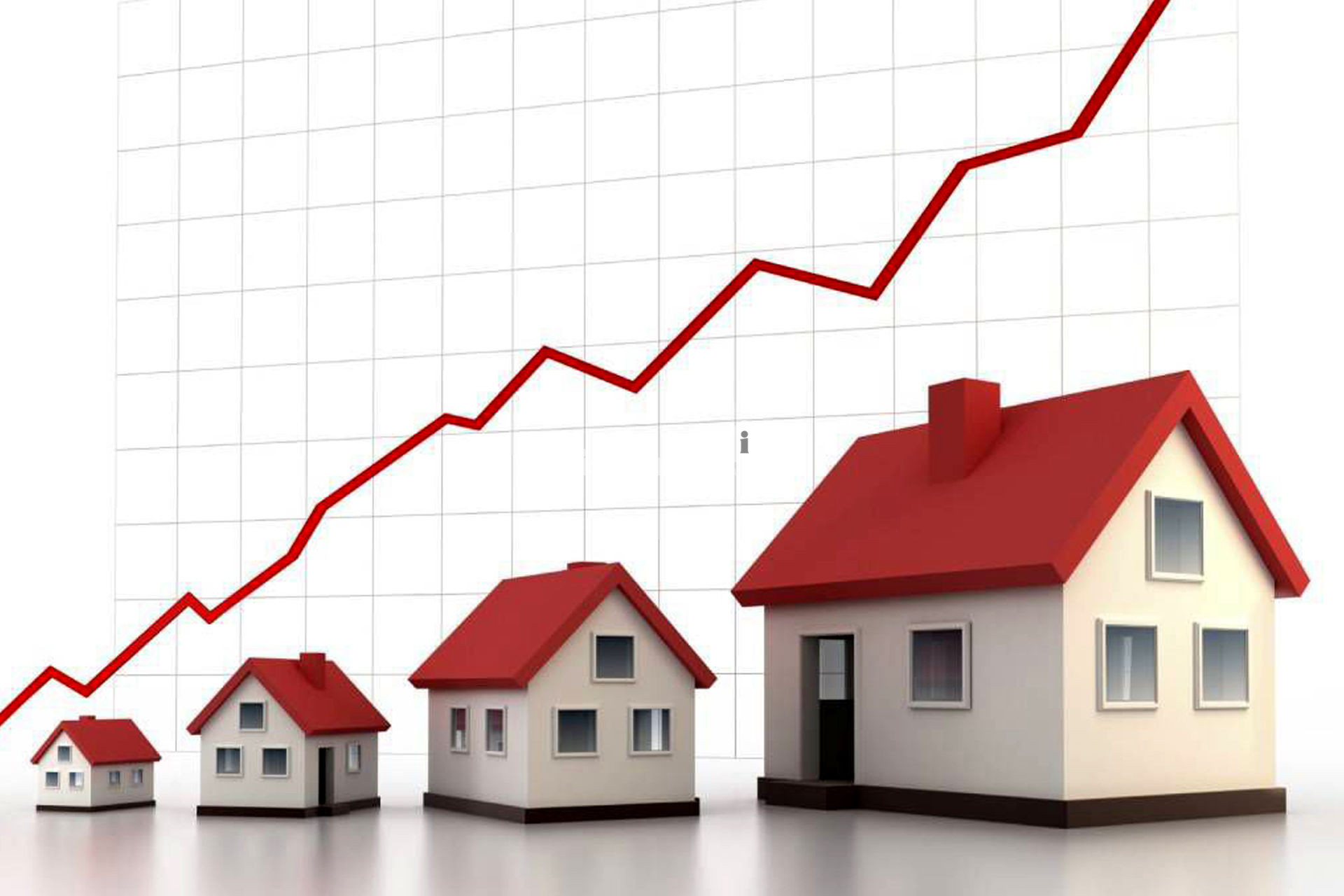
- 17 July 2023
Istanbul’s Property Market: Trends and Forecasts for the Future
Istanbul’s Property Market: Trends and Forecasts for the Future
Istanbul demonstrates its vibrant cultures, trade, and history because it sits on two continents. Investors looking for chances in Istanbul’s property market from within and outside the country have been drawn to it by its prime location and deep history. Here in this article, we will use data to get an insight into the Istanbul real estate market in the future.
Residential Costs Surge
Istanbul’s real estate affordability is becoming an issue, especially for students and first-time purchasers. In certain ways, the supply of homes has not kept up with the growing demand, which has caused housing costs to increase. Residential real estate costs in Istanbul climbed by an average of 11% between 2010 and 2020, according to the Central Bank of the Republic of Turkey. As a result, considering investing in real estate early is a great choice as the price of real estate houses has been increasing.
 Booming Demand
Booming Demand
The demand for office space in Istanbul’s real estate market has increased noticeably, according to research by international real estate consultant CBRE. From 2010 to 2019, the city’s office space increased from 4.4 million square meters to nearly 6.7 million square meters. The city’s active commercial areas, advantageous location, and accessibility to a talented workforce are all factors in the strong real estate market demand for office space. As a result, you should consider investing in Istanbul real estate.
Rise of Flexibility
In Istanbul, the idea of co-working properties has grown in popularity as a solution for small enterprises, freelancers, and entrepreneurs. In Istanbul, the real estate supply of properties with flexible workplaces expanded by 68% between 2017 and 2020, according to a Colliers International analysis. This expansion reflects the shifting demands of companies and professionals looking for real estate properties with flexible office spaces.
 Gateway to Growth
Gateway to Growth
One of the key factors influencing property values in Istanbul is its transportation infrastructure. The government has invested heavily in improving the city’s public transportation system, including the construction of new metro lines, bridges, and tunnels. As a result, this greatly improved the value of the real estate market in Istanbul
One project is the latest Airport in Istanbul, which opened in 2018, According to the Istanbul Airport operator, the airport is projected to contribute around 4.9% to Turkey’s GDP once it reaches full capacity. Thus, increasing the value of properties.
 Investor Magnet: FDI Lends Growth to Istanbul’s Property Market
Investor Magnet: FDI Lends Growth to Istanbul’s Property Market
Istanbul’s business real estate sector has expanded significantly along with its residential real estate market. Global organizations and companies looking to expand their presence in the area have been drawn to the city. Due to, its advantageous location as a crossing point between Europe and Asia. Demand for office space and commercial retail is anticipated to increase as Istanbul develops into a center for commerce and trade.
According to data from the Central Bank of the Republic of Turkey, foreign direct investment (FDI) in the country has been steadily increasing. In 2010, Turkey attracted approximately $9.1 billion in FDI, and by 2020, this figure had risen to around $22.1 billion.
Istanbul’s Property Market: Trends and Forecasts
Despite the positive outlook, several challenges may impact the future of property in Istanbul. Economical inflations, both domestic and global, can affect property prices and demand. Geopolitical tensions and uncertainties could also influence foreign investment flows. Moreover, the Turkish lira’s volatility against major currencies can impact the purchasing power of foreign investments.
 Istanbul’s Property Market
Istanbul’s Property Market
Istanbul’s real estate market shows promising potential with increasing demand for housing, office spaces, and commercial real estate. The city’s strategic location, and booming economy, present opportunities for developers and investors.

